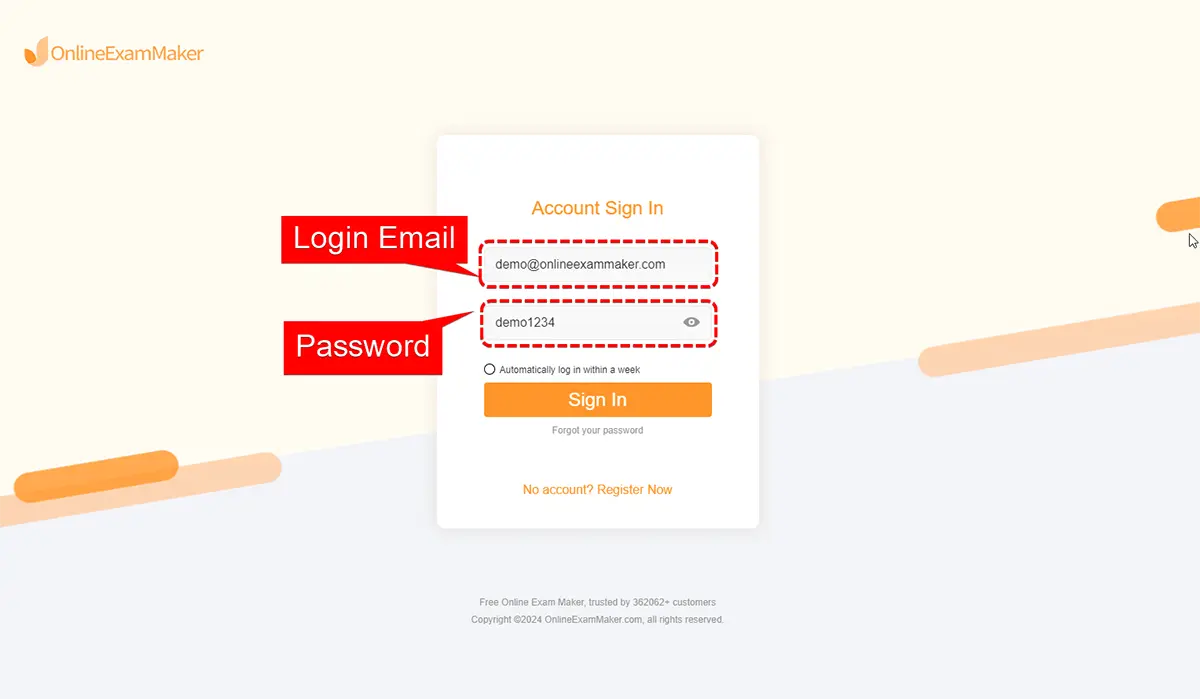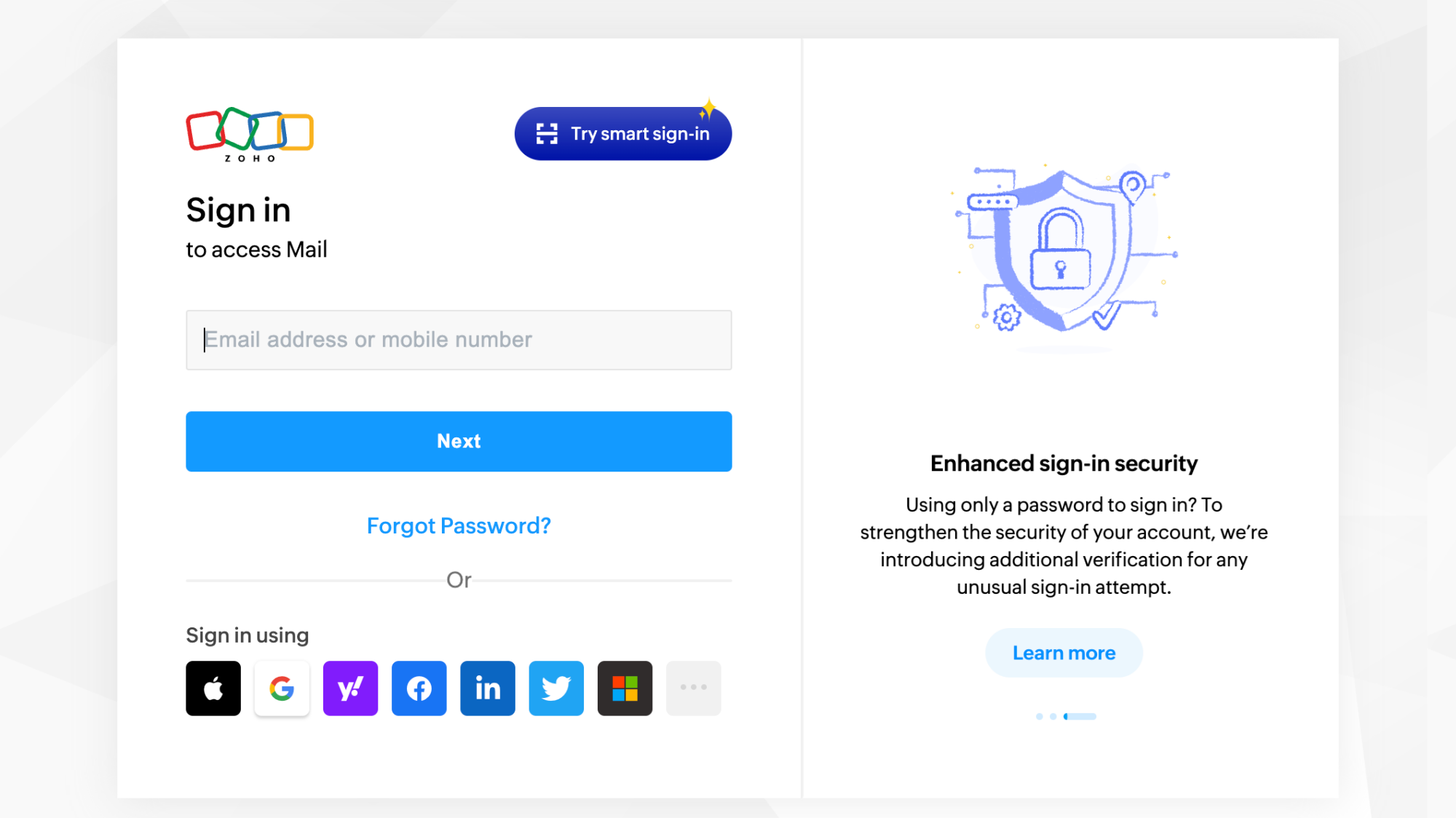Understanding Free vs. Paid Company Email Solutions
When it comes to email solutions, understanding the fundamental differences between free and paid options is essential. Each type offers distinct features, advantages, and disadvantages that can significantly impact your business's communication strategy.
What Are Free Company Email Solutions?
Free email solutions are typically provided by well-known platforms such as Gmail, Yahoo Mail, and Outlook. These services are accessible to anyone and do not require any financial commitment. However, while they offer basic functionality, they come with limitations that may not suit all business needs.
Advantages of Free Email Solutions
-
Cost-Effective: The most significant advantage is that they are free, making them an attractive option for startups and small businesses with tight budgets.
-
Ease of Access: Setting up a free email account is quick and straightforward, allowing users to start communicating almost immediately.
-
Basic Features: Free email services often include essential features such as spam filtering, virus protection, and mobile accessibility.
Disadvantages of Free Email Solutions
-
Lack of Professionalism: Using a free email address (e.g., yourbusiness@gmail.com) can appear unprofessional and may undermine your brand's credibility. Clients may question your seriousness if you don’t use a custom domain.
-
Limited Storage and Features: Free accounts typically come with limited storage space and fewer features compared to paid services. This can hinder your ability to manage large volumes of emails effectively.
-
Privacy Concerns: Free email providers often monetize their services through advertising and data collection, which can lead to privacy concerns for businesses handling sensitive information.
What Are Paid Company Email Solutions?
Paid email solutions, such as Google Workspace, Microsoft 365, and Zoho Mail, require a subscription fee but offer a range of advanced features tailored for business use. These services allow you to create a custom email address using your domain (e.g., yourname@yourbusiness.com), enhancing your brand's professionalism.
Advantages of Paid Email Solutions
-
Professional Branding: A custom email address enhances your brand image and credibility, making a positive impression on clients and partners.
-
Enhanced Features: Paid services often include advanced features such as increased storage, collaboration tools, and integrations with other business applications.
-
Reliable Support: Paid email solutions typically offer customer support, ensuring that you can get help when needed, which is crucial for maintaining business operations.
-
Increased Security: Paid services often come with enhanced security features, including encryption, advanced spam protection, and compliance with data protection regulations.
Disadvantages of Paid Email Solutions
-
Cost: The primary drawback is the cost associated with paid email services, which may be a consideration for startups and small businesses.
-
Complexity: Some paid services may have a steeper learning curve, requiring time and training to fully utilize their features.
Key Considerations When Choosing Between Free and Paid Email Solutions
When deciding between free and paid email solutions, consider the following factors:
Business Size and Needs
For small businesses or startups with minimal email requirements, a free email solution might suffice initially. However, as your business grows and your email needs become more complex, transitioning to a paid solution may be necessary.
Professional Image
If your business relies heavily on email communication with clients, a paid email solution is likely the better choice. A professional email address can significantly enhance your credibility and brand image.
Security and Privacy
Evaluate the sensitivity of the information you handle. If your business deals with confidential data, investing in a secure paid email solution is advisable to protect against potential breaches and privacy issues.
Budget
Consider your budget and the potential return on investment. While free solutions save money upfront, the long-term benefits of a paid service—such as improved professionalism and security—can outweigh the costs.
Conclusion
In summary, the choice between free and paid company email solutions boils down to your business's specific needs and goals. Free email services offer a cost-effective solution for startups and small businesses, but they come with limitations that can impact professionalism and security. On the other hand, paid email solutions provide enhanced features, reliability, and support, making them a worthwhile investment for businesses looking to establish a strong professional presence.
Key takeaways include:
- Free email solutions are suitable for personal use or small businesses with minimal needs but may lack professionalism and security.
- Paid email solutions enhance brand credibility, offer advanced features, and provide reliable support, making them ideal for businesses that prioritize professionalism and security.
- Assess your business size, needs, and budget to make an informed decision that aligns with your goals.
Meta Description: Discover the differences between free and paid company email solutions, including features, costs, and benefits to help you choose the best option for your business.




